Syrian regime defiant under pressure
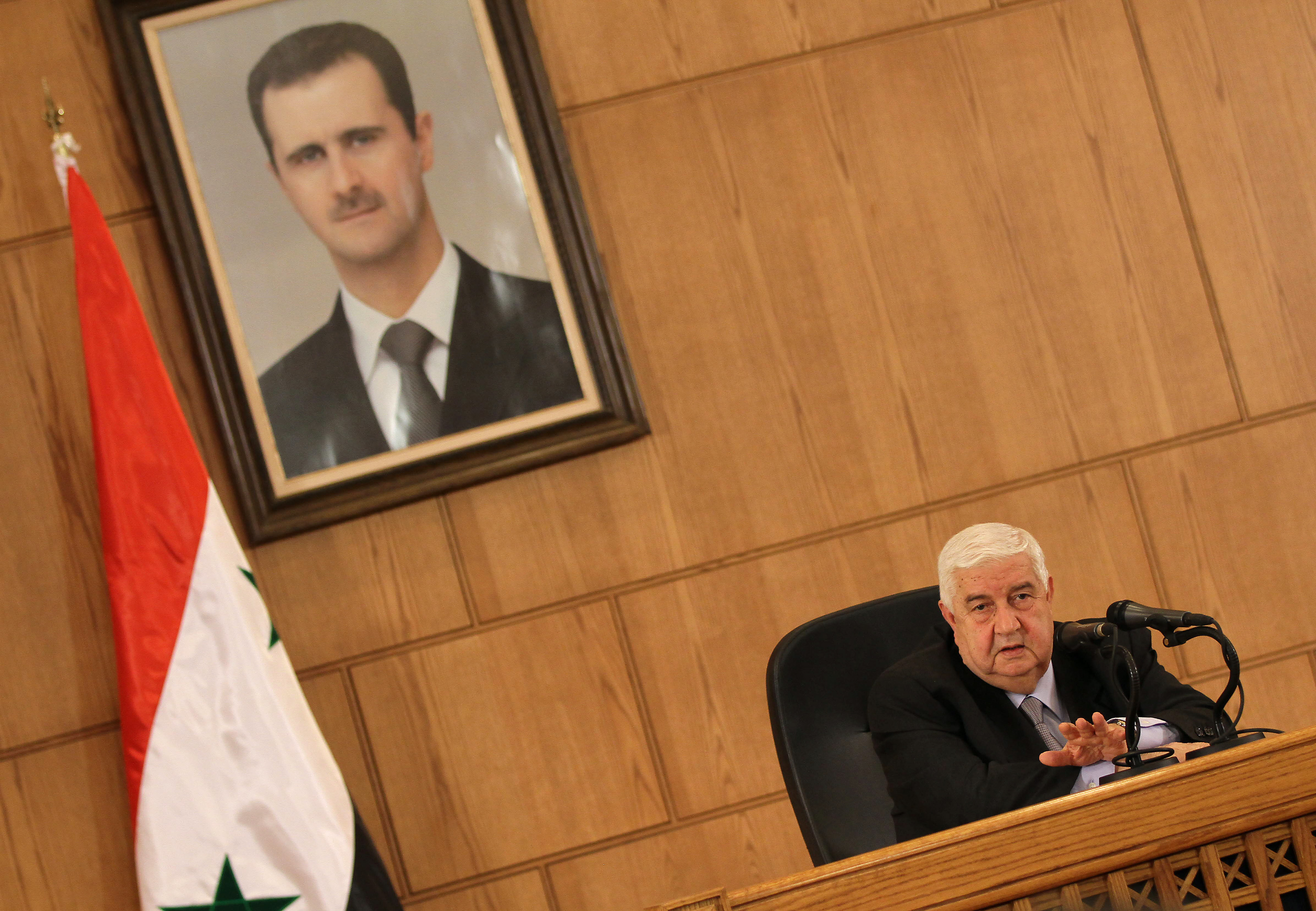
Eight months after the start of the popular uprising, and despite growing external pressure, the regime of Bashar al-Assad continues its bloody crackdown.
More than 3,500 people have been killed by Syrian security forces, according to the United Nations.
Assad’s response to the ultimatum issued by the Arab League (the deadline of which passed on Saturday evening) to stop the repression, was true to form. He declared on Sunday that he was ready to fight to the death in the case of foreign intervention.
His foreign minister Walid Muallem nevertheless attempted to minimise the significance of this ultimatum, saying that an agreement was still possible under the Arab proposal to resolve the crisis.
Angry Arab League
On November 2, the Arab League proposed a peace plan which envisaged a halt to the violence, the withdrawal of armed forces from towns and cities, the release of imprisoned regime opponents, the opening of dialogue with the opposition and the sending of 500 independent observers and journalists to Syria.
The regime now faces the risk of a new series of economic sanctions, with the next meeting of the Arab League scheduled for Thursday.
A perspective which gives hope to Nael Georges, a Syrian human rights activist based in France.
“Since the start of the insurrection in March, the regime has been talking about a western plot and a revolution that does not come from the Syrian people,” said Georges.
“After the decision of the Arab League, that argument does not hold any more. That allows the international community to get more involved, which is what the people of Syria are calling for. Faced with the regime’s crimes against humanity, it is the duty of the international community to intervene.”
Plan B
But it seems that Damascus can still count on some solid allies. “The Arab League’s plan was accepted unconditionally by the regime. But after the rejection of the plan by its ally Russia, Damascus imposed conditions,” Georges said.
Former Swiss ambassador and Middle East expert Yves Besson explains why Moscow is still standing behind Syria – the Russian Black Sea fleet effectively possesses a base at Tartous on Syria’s Mediterranean coast.
“It’s their only presence in the eastern Mediterranean,” Besson said.
“Every diplomatic situation requires a plan B. What’s important to them [the Russians] is to defend their interests. Tactically, they are exploring several options to preserve their strategic interests. Which could mean negotiating with the Syrian opposition. But that moment has not yet come.”
Iran is another external pillar supporting the regime. “The Syrian economy is going badly, sanctions are weighing heavily and more are expected. It remains to be seen if Iran is ready to partly counteract the sanctions, considering the poor state of the Iranian economy,” Besson said.
Georges is convinced that Iran is implicated directly or indirectly in the repression of the Syrian people.
“Teheran, via the Lebanese Hezbollah, is sending agents to crush the Syrian people. But the Iranian president has also called on al-Assad to stop the repression. It’s a message to the Syrian opposition in case they accede to power,” said Georges.
Divided opposition
For this to happen the Syrian opposition will have to overcome its divisions, according to Besson.
“There are dissidents who managed to leave Syria to take part in a recent meeting in Paris, before returning to the country. Damascus also freed some of the imprisoned opponents. Which shows that some of the interior opposition is tolerated by the regime, which makes a progressive and non-violent transition from the regime more likely. Another part of the opposition has become radicalised. The external opposition also exhibits the same division.”
Of course it’s difficult to get a clear picture given the media blackout imposed by Assad’s regime.
“We need to examine who represents these different strands to see who speaks for the majority. It’s a complex game difficult to decode as long as journalists are not allowed to travel there,” Besson said.
Turkish influence
The most important change could come from Ankara. According to the Turkish press, quoted by Reuters, the Turkish authorities have worked out plans to prepare for the imposition of a no-fly zone or buffer zones along the Turkish border with Syria.
“Turkey can play a positive role. It is not seen as a colonist power by the Syrian people. If this exclusion zone was put in place, it would give some protection to the Syrian army deserters,” Georges said.
On Tuesday Turkey’s prime minister called on the Syrian president to step down for the sake of his own people and the region.
Recep Tayyip Erdogan said in a televised speech that Assad’s fight against his own people was cowardice. It was the first call from Turkey for Assad to step down.
Despite all this, the fall of the regime does not seem imminent. That was the point of view of a group of experts invited to Bern by the Swiss foreign minister last Friday.
“We spoke for two hours about the future of the Arab Spring. On Syria the guests were rather pessimistic. Those well-informed people thought that the regime was not ready to fall,” Besson said.
The president of the International Committee of the Red Cross, Jakob Kellenberger, is ready to travel to Syria for the third time if necessary in the coming days to obtain greater access to detention centres.
According to the ICRC, its delegates have only had access to one prison so far, Damascus central prison.
The ICRC says it has “good access” to the rural regions of Syria, to Homs and Alep, and that it can work in the hospitals with the Syrian Red Crescent. But the organisation is “far from being able to respond to needs, notably in medical materials”.
(Translated from French by Clare O’Dea)

In compliance with the JTI standards
More: SWI swissinfo.ch certified by the Journalism Trust Initiative

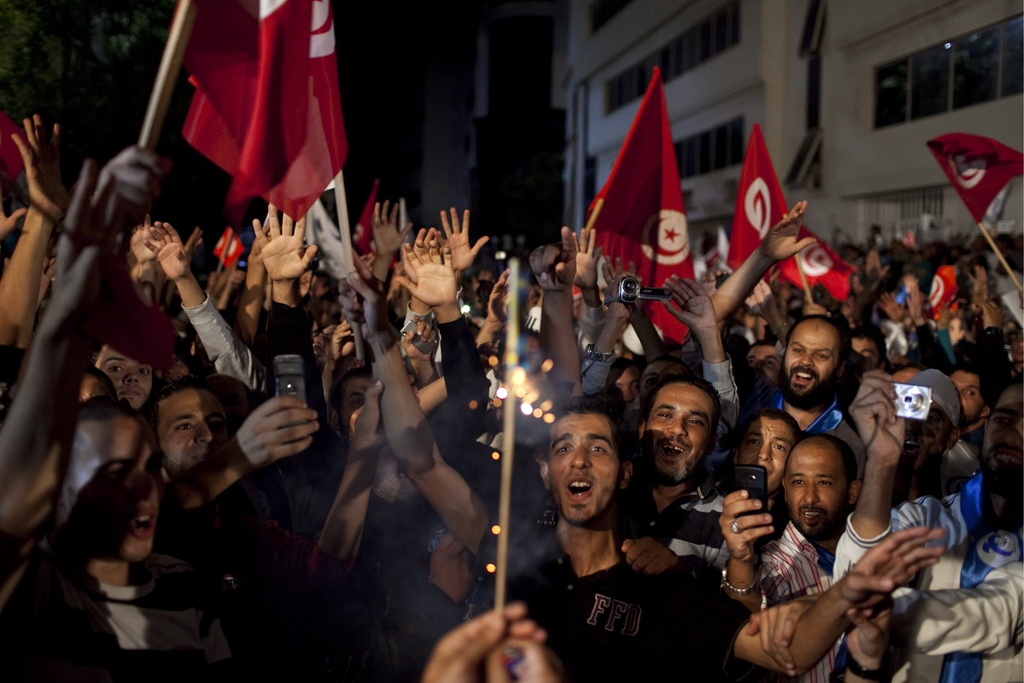
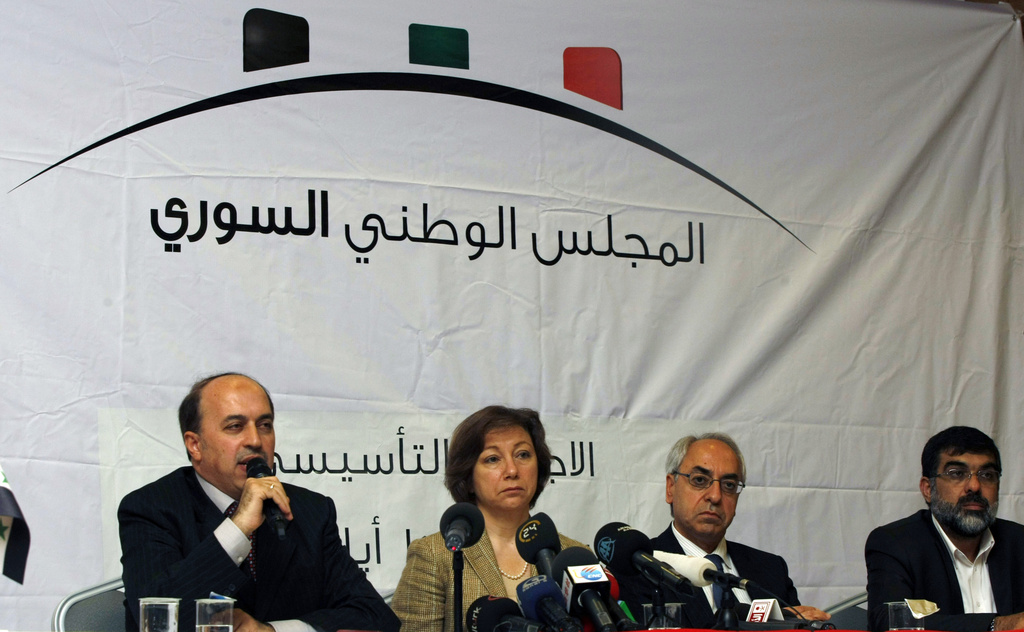
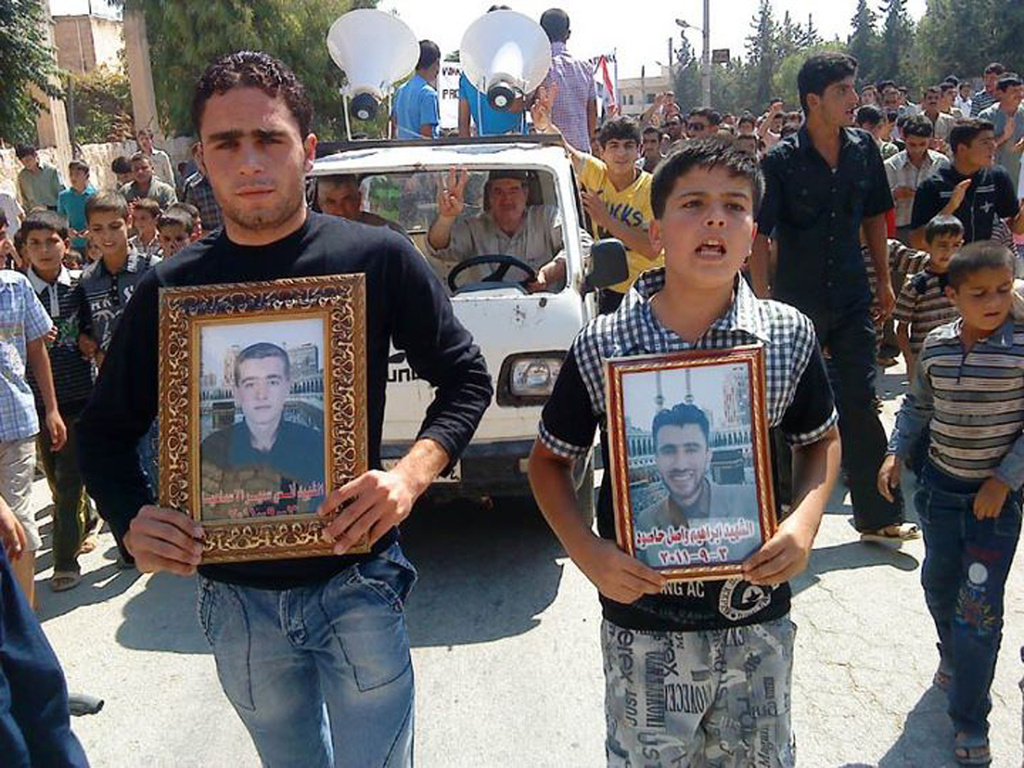
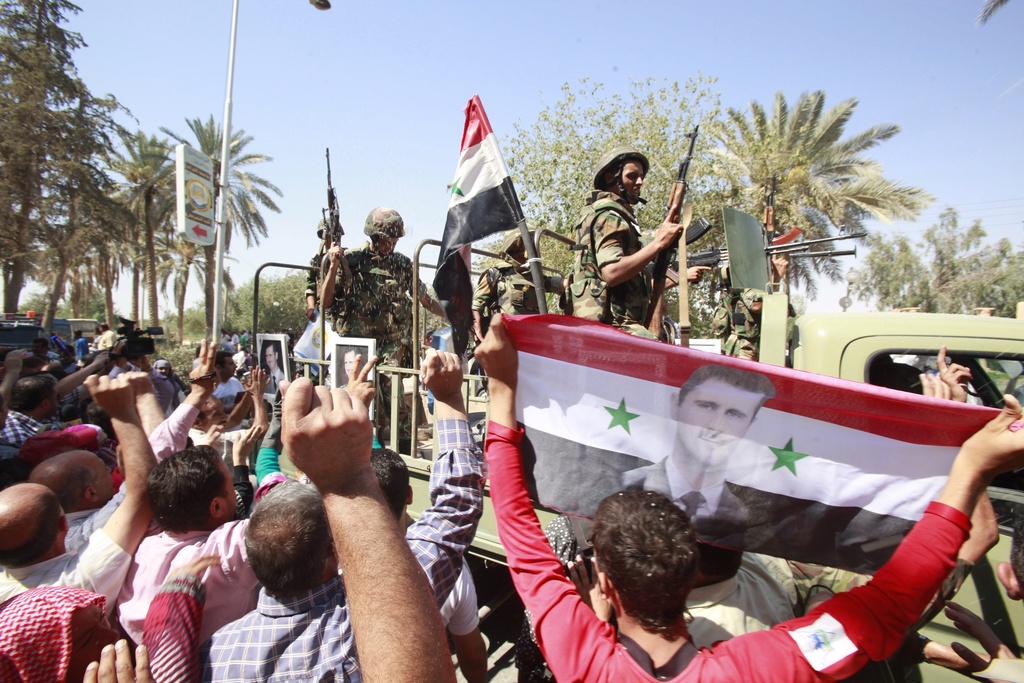
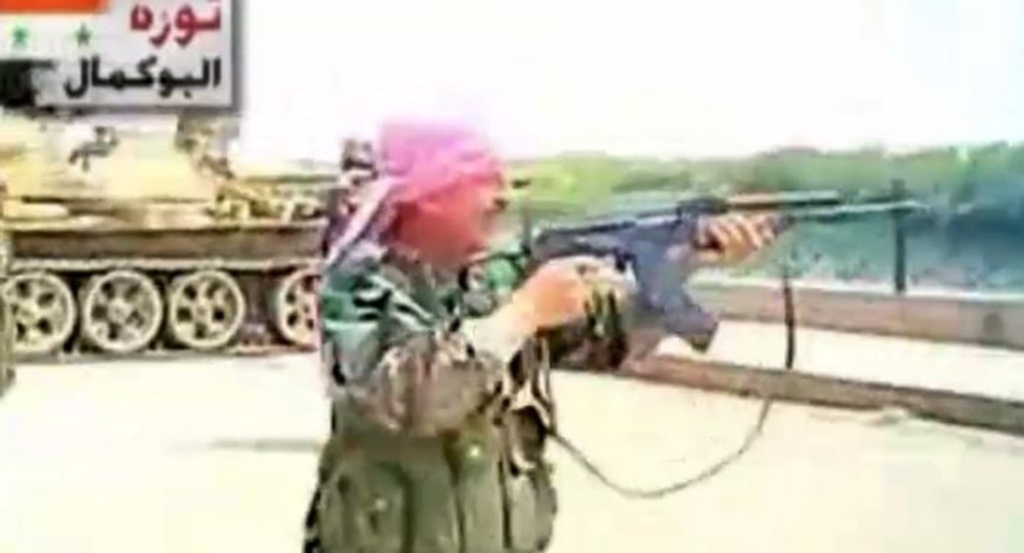
You can find an overview of ongoing debates with our journalists here. Please join us!
If you want to start a conversation about a topic raised in this article or want to report factual errors, email us at english@swissinfo.ch.